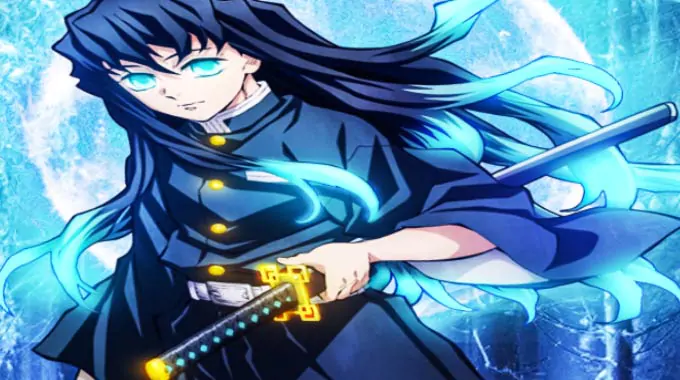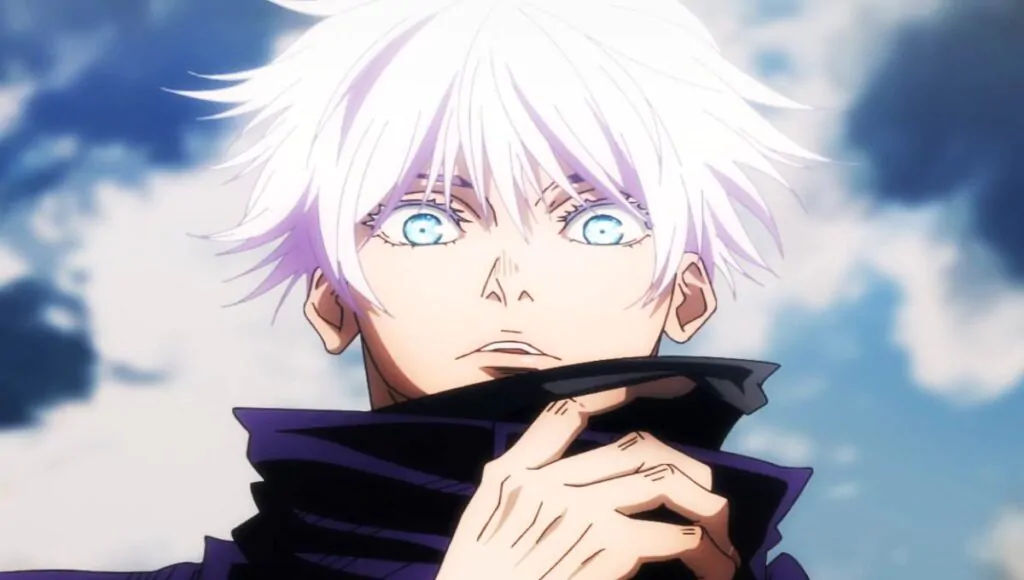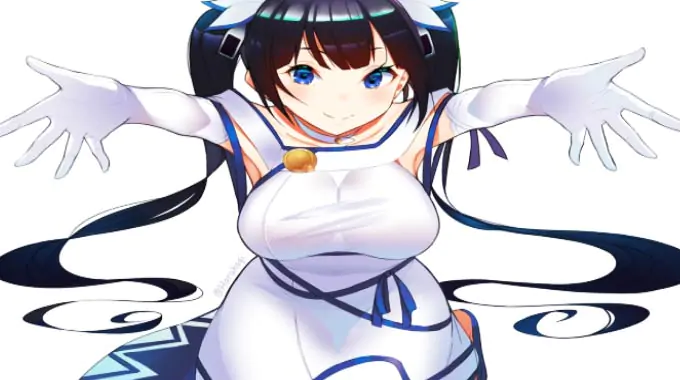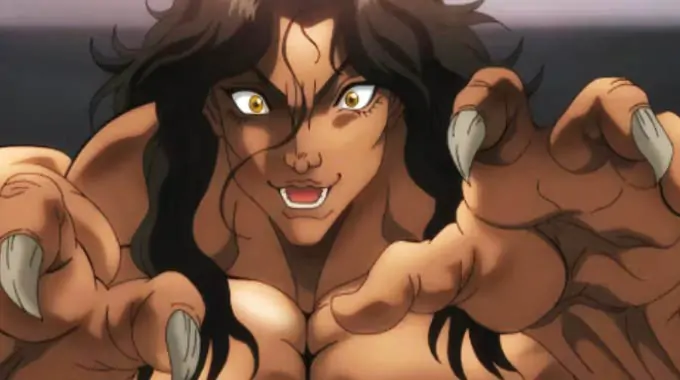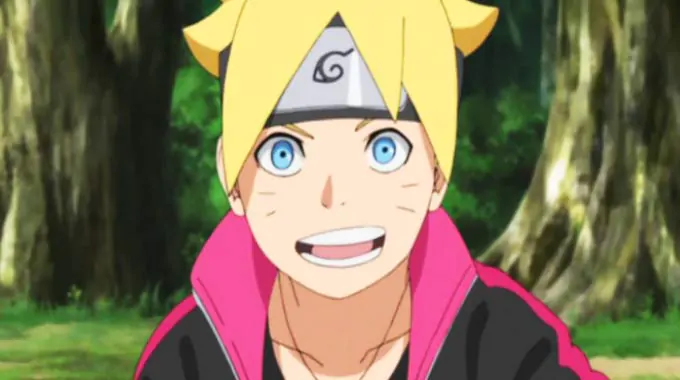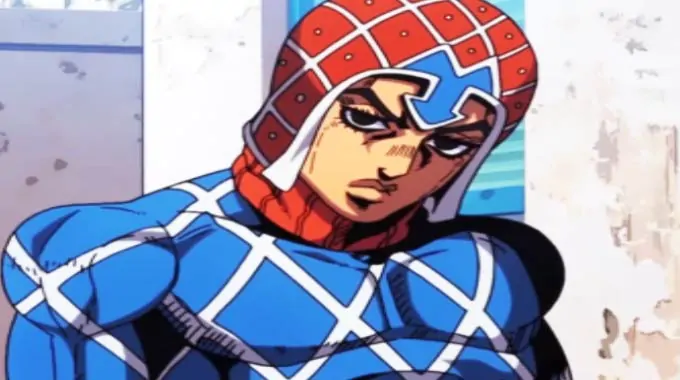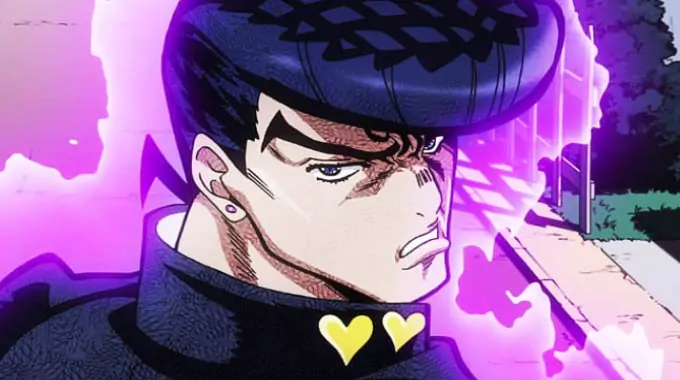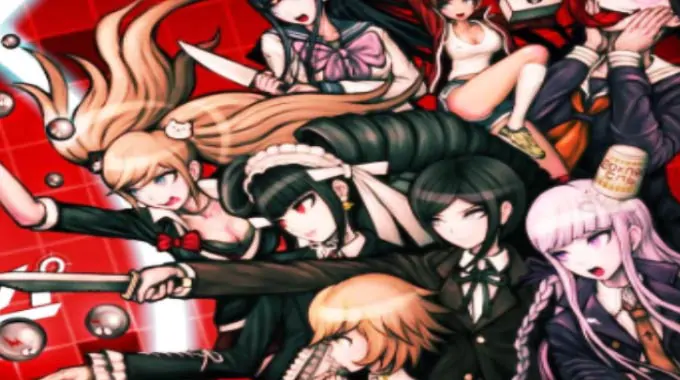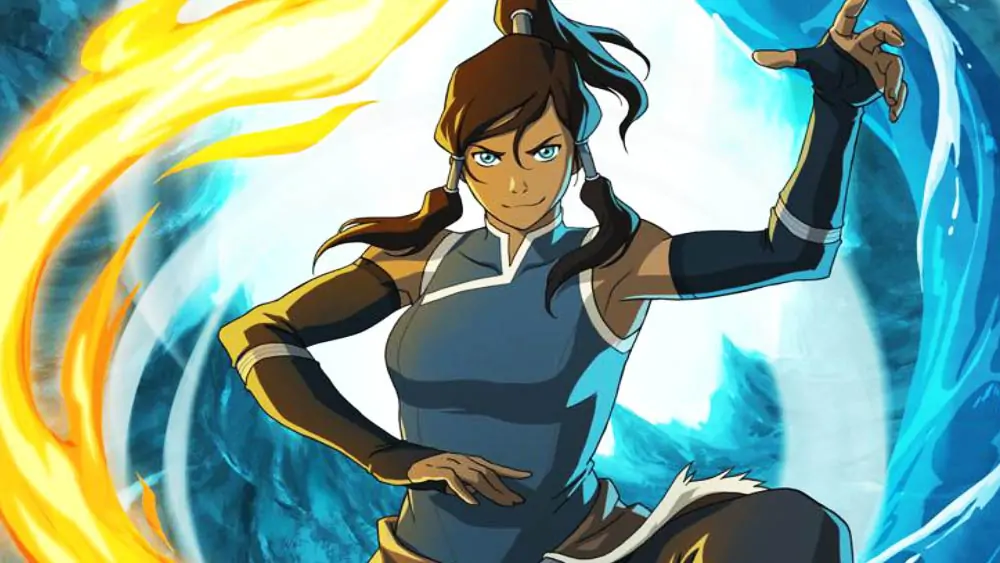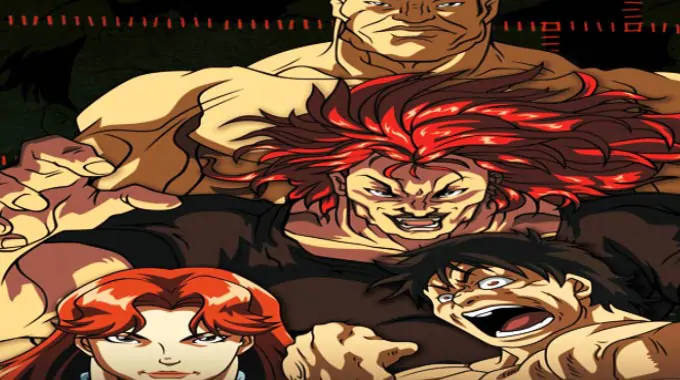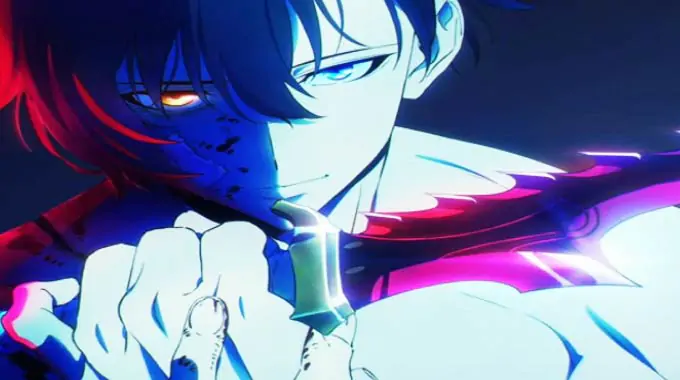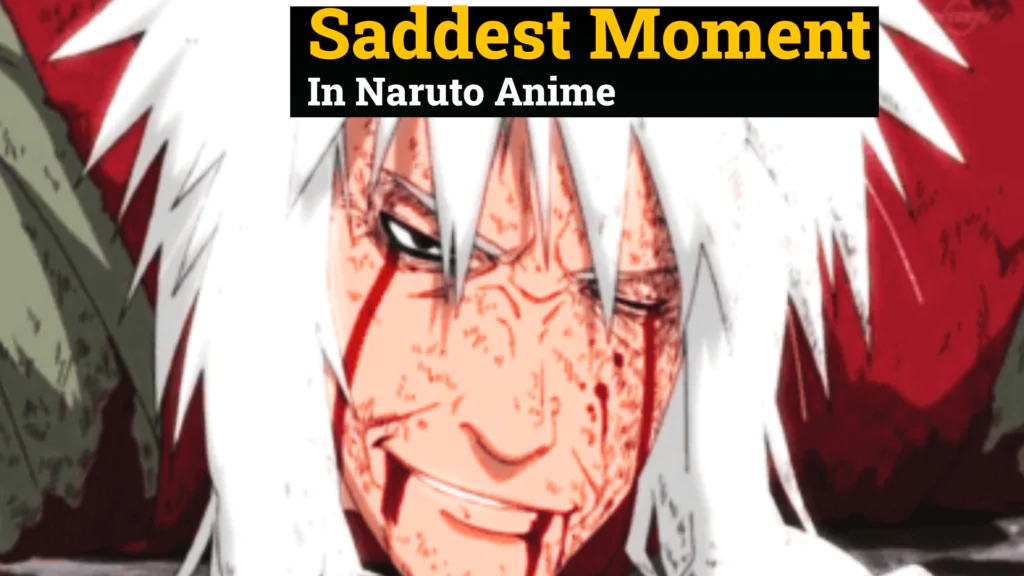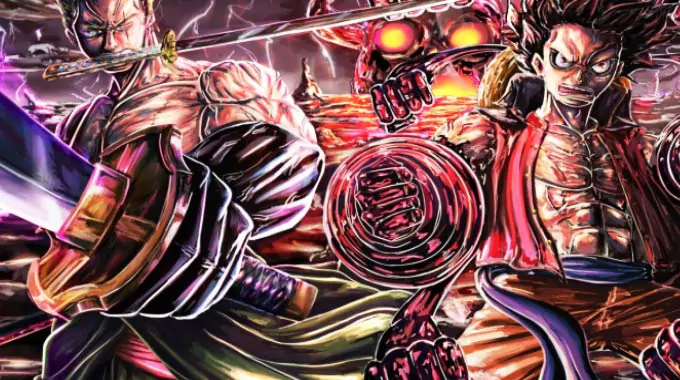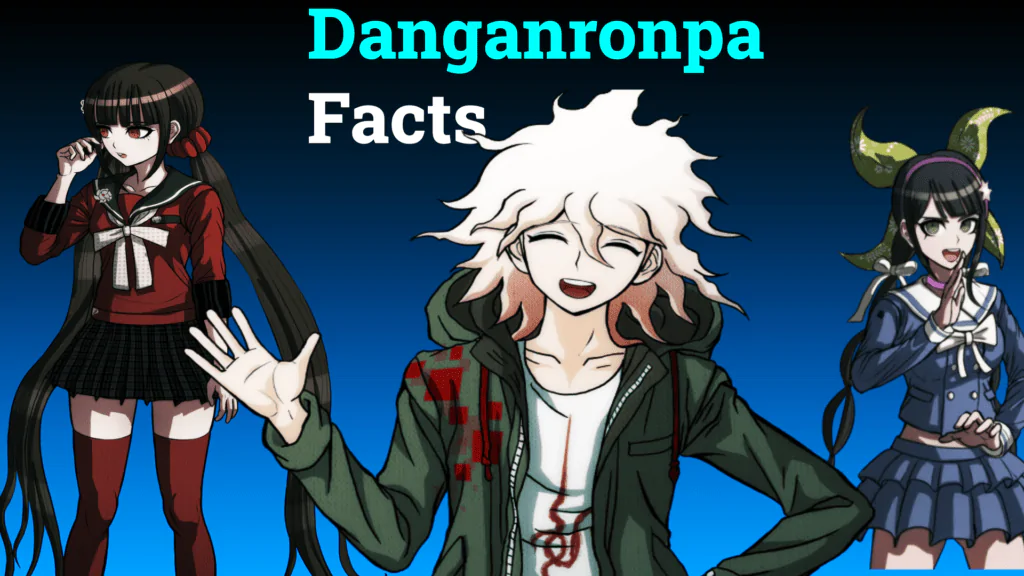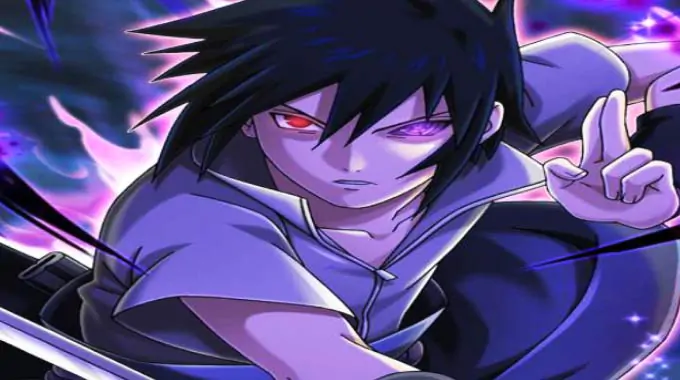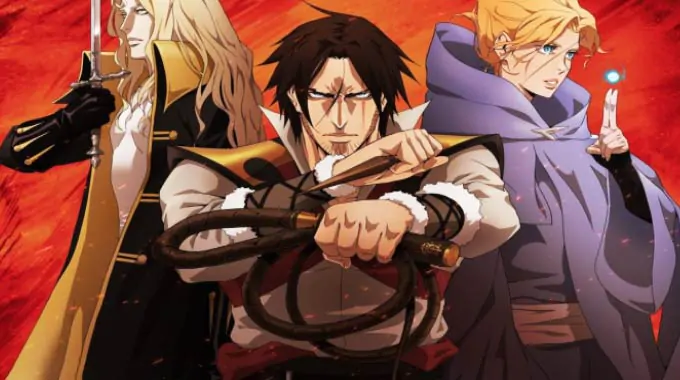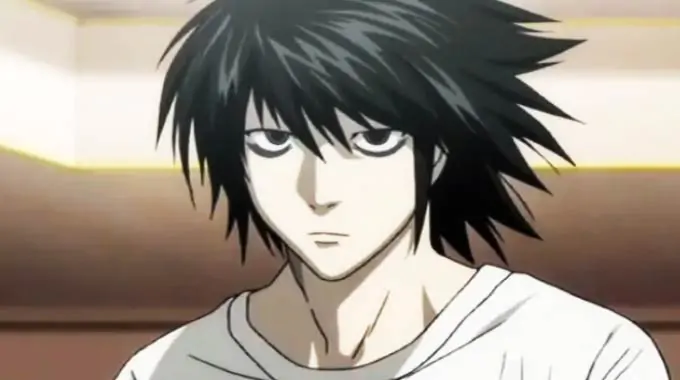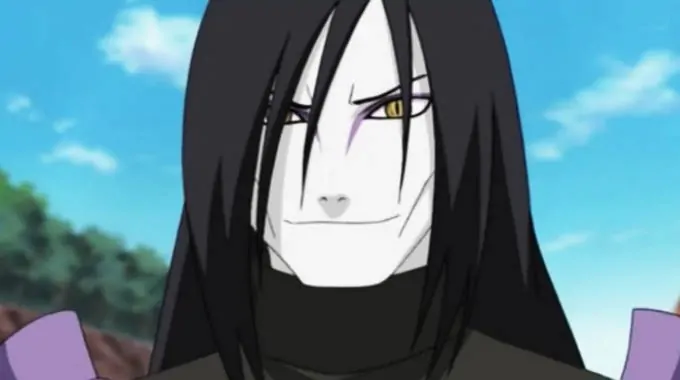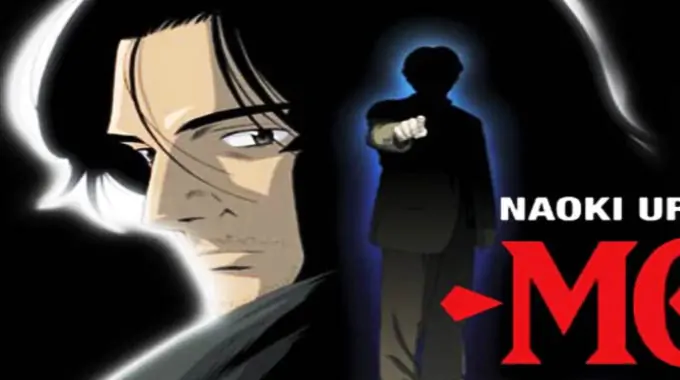List of Theories About Bungou Stray Dogs:
The Agency members are all literary characters brought to life through supernatural means.
The Port Mafia and the Agency are actually two sides of the same organization, working together to maintain balance.
The main characters possess special abilities based on the themes and styles of their respective literary works.
Dazai Osamu’s suicide attempts are a ruse to cover up his true agenda or motives.
Akutagawa Ryuunosuke’s obsession with power stems from a deep-rooted fear of his own weaknesses.
Kunikida Doppo’s strict adherence to rules and order is a result of a traumatic event in his past.
The mysterious organization known as The Guild has connections to ancient supernatural forces.
Atsushi Nakajima’s ability to transform into a tiger is tied to a curse that runs in his family.
Kyouka Izumi’s past as a member of the Port Mafia holds secrets that could unravel the balance between the Agency and the Mafia.
Fyodor Dostoevsky’s ability to manipulate gravity is linked to his nihilistic worldview.
Mori Ougai’s calm and composed demeanor hides a dark and sinister side.
Ranpo Edogawa’s ability to solve any mystery is due to an extraordinary level of deductive reasoning.
Chuuya Nakahara’s ability to control and manipulate gravity has a deeper connection to his tragic past.
The Agency’s headquarters, the Armed Detective Agency, possesses hidden rooms and secret passages.
The true purpose of Arahabaki, the supernatural entity connected to Akutagawa’s ability, is yet to be fully revealed.
The Agency’s leader, Fukuzawa Yukichi, has secrets of his own that he keeps hidden from his subordinates.
The mysterious woman, Lucy Maud Montgomery, has a significant role in the overarching storyline.
The Mafia’s leader, Ōgai Mori, has an ulterior motive for maintaining a balance between the Agency and the Mafia.
The disappearance of several prominent literary figures is connected to a larger conspiracy.
The true nature and origin of supernatural abilities in the Bungou Stray Dogs universe are shrouded in mystery.
The Agency’s alliance with the government is not as straightforward as it seems.
The relationship between Atsushi Nakajima and Akutagawa Ryuunosuke goes beyond a simple rivalry.
The history and origin of the Bungou Stray Dogs universe have connections to real-world literary events and figures.
The agency members’ abilities are limited by their own psychological barriers, and overcoming them leads to new levels of power.
The events of the series are part of a larger cycle of conflicts between supernatural forces that repeat throughout history.
The character Elise, who can manipulate shadows, has ties to a shadowy organization pulling the strings behind the scenes.
The existence of multiple organizations with supernatural abilities suggests a hidden world of supernatural beings.
The Agency’s goal is not just to solve cases but also to prevent the awakening of ancient, world-ending entities.
The literary references in the series hold deeper meanings and foreshadow future plot developments.
The conclusion of the series will reveal a grand scheme involving all the characters and their abilities, leading to a decisive battle for the fate of the world.
Dazai Osamu’s true ability is not just the manipulation of gravity but also the power to manipulate time.
Atsushi Nakajima’s connection to the tiger spirit goes beyond a mere ability; he is the reincarnation of a legendary beast.
Akutagawa Ryuunosuke’s obsession with power stems from a deep-seated fear of his own vulnerability, which he tries to compensate for by seeking strength.
Kunikida Doppo’s notebook is not just a tool for his ability; it holds secrets and hidden messages that will play a crucial role in the future.
Ranpo Edogawa’s exceptional deductive skills are not just a result of his intelligence but also due to a supernatural gift that enhances his perception.
Kyōka Izumi’s ability to control shadows has a dark origin tied to her past, involving a tragic event that shaped her life.
Fukuzawa Yukichi possesses a hidden ability that grants him immense physical strength and endurance, which he rarely reveals.
Mori Ougai’s calm and composed demeanor masks a complex web of schemes and manipulations that he orchestrates behind the scenes.
Chuuya Nakahara’s ability to manipulate gravity has a connection to a tragic event in his past, involving a devastating loss.
Yosano Akiko’s healing ability comes with a price—each life she saves shortens her own lifespan.
Tanizaki Junichirou’s ability to manipulate light is not just limited to illusions but also allows him to tap into hidden dimensions.
Ango Sakaguchi’s true loyalty is ambiguous; he plays a double agent, secretly working for an organization with ulterior motives.
Katai Tayama’s extreme lethargy is not a result of laziness but a defense mechanism to cope with a hidden trauma.
Ōgai Mori’s connection to Port Mafia runs deeper than being its leader; he has a mysterious past that intertwines with the organization’s history.
Louisa May Alcott’s ability to manipulate emotions has a profound impact on the psychological state of those around her, making her a dangerous adversary.
Oda Sakunosuke’s ability to bring life to inanimate objects holds a greater potential, allowing him to manipulate matter at will.
Lucy Maud Montgomery possesses the power of foresight, allowing her to glimpse future events and make strategic decisions.
Edgar Allan Poe’s ability to create an alternate dimension through his writings grants him access to hidden knowledge and secrets.
Lovecraft’s ability to summon eldritch creatures is not limited to fiction; he can tap into real cosmic entities.
Fitzgerald’s ability to create illusions is not just a visual trick; it can manipulate one’s perception of reality itself.
Mark Twain’s ability to control water goes beyond manipulation; he can tap into the essence of life and heal wounds.
Akiko Yosano’s medical expertise extends beyond healing abilities; she possesses knowledge of forbidden medical practices.
Teruko Okura’s ability to communicate with animals is not limited to domesticated creatures; she has a unique connection to mythical creatures as well.
H.P. Lovecraft’s dark and twisted writings are not just fictional tales but actual accounts of encounters with otherworldly beings.
Francis Scott Key Fitzgerald’s obsession with wealth and luxury stems from a deeper fear of poverty and insignificance.
Kenji Miyazawa’s ability to communicate with nature allows him to tap into ancient wisdom and harness the power of the natural world.
Hirotsu Ryuurou’s ability to turn back time is not just limited to physical objects; it can also affect memories and events.
Akiko Yosano’s healing ability is derived from her bloodline, making her a descendant of a long line of healers.
Kouyou Ozaki’s beauty and grace hide a dark past filled with tragedy and loss.
Ichiyou Higuchi’s ability to manipulate flowers goes beyond aesthetics; she can use them as deadly weapons.
Natsume Souseki’s ability to transform into a cat is a reflection of his introspective and reserved nature.
Yumeno Kyusaku’s prophetic dreams are not just visions but glimpses into parallel dimensions.
Izumi Kyouka’s connection with the Demon Snow comes from a pact made with a supernatural entity in her childhood.
Ogai Mori’s obsession with literature is a result of his own desire to create his legacy and be remembered throughout history.
Sakunosuke Oda’s lost arm holds a hidden power, waiting to be awakened under the right circumstances.
Katai Tayama’s extreme fear of the outside world is rooted in a traumatic event from his past, which will be revealed in due time.
Fukuzawa Yukichi’s calm and collected nature is a result of centuries of accumulated wisdom and experience.
Ougai Mori’s ability to manipulate shadows is tied to his mysterious lineage, connecting him to a powerful ancient bloodline.
Chuuya Nakahara’s hatred for Dazai Osamu is fueled by a shared dark secret between the two.
Akutagawa Ryuunosuke’s obsession with Rashomon, his shadow beast, stems from his need for validation and acceptance.
Atsushi Nakajima’s connection to the tiger spirit makes him the chosen one destined to bring balance to the supernatural world.
Ranpo Edogawa’s childlike appearance is not a coincidence but a manifestation of his ability to manipulate his physical form.
Yosano Akiko’s healing ability has a limit, and she can only cure illnesses or injuries that are not self-inflicted.
Doppo Kunikida’s notebook is not just a tool for his ability; it also acts as a portal to a realm of endless knowledge.
Junichirou Tanizaki’s obsession with Naomi is more than mere infatuation; it has deeper roots in his ability to manipulate shadows.
Hirotsu Ryuurou’s time manipulation ability is connected to a pocket watch that holds the essence of a powerful deity.
Lucy Maud Montgomery’s ability to manipulate emotions can be used for positive purposes, such as healing mental trauma.
Fyodor Dostoevsky’s ability to manipulate gravity is tied to his dark and nihilistic worldview, allowing him to control the weight of others’ emotions.
Edgar Allan Poe’s ability to create illusions is not limited to visual tricks; he can manipulate all five senses to deceive his opponents.
Louisa May Alcott’s connection to the spirit world grants her the ability to commune with the souls of the deceased.
Francis Scott Key Fitzgerald’s illusions have the power to manipulate not only sight but also sound, touch, and smell.
Nathaniel Hawthorne’s ability to manifest symbols of sin and guilt is a result of his fascination with the dark side of human nature.
Ogai Mori’s true intentions are to create a utopian society, using the balance between the Agency and the Port Mafia as a means to achieve it.
Yumeno Kyusaku’s dreams have the potential to alter reality, blurring the line between the dream world and the waking world.
Kenji Miyazawa’s connection with nature allows him to communicate with mythical creatures that exist in the hidden corners of the world.
Elise’s ability to manipulate shadows goes beyond simple darkness manipulation; she can tap into the shadow realm and summon powerful entities.
Michizō Tachihara’s loyalty to the Port Mafia is driven by a personal vendetta against the Agency, stemming from a tragic event in his past.
Margaret Mitchell’s ability to manipulate fire is tied to her passionate and fiery personality.
Sōseki Natsume’s transformation into a cat is not a curse but a form of escapism from the harsh realities of the world.
Kōyō Ozaki’s beauty and elegance are not just natural traits but a result of an enchantment spell cast upon her.
Nakahara Chuuya’s grudge against Dazai Osamu originates from a betrayal that took place during their time in the Port Mafia.
Oda Sakunosuke’s missing arm holds a hidden ability that can summon a spectral weapon of great power.
Yumeno Kyusaku’s prophetic dreams are not just random visions; they are a result of his connection to an ancient prophetic lineage.
Izumi Kyouka’s Demon Snow ability is not her only power; she has yet to unlock her true potential and discover her ultimate form.
Ango Sakaguchi’s role as a double agent is a façade to protect his true allegiance to an organization dedicated to maintaining the balance between supernatural factions.
Tanizaki Naomi’s mysterious disappearance is linked to a hidden power within her, waiting to be awakened.
Akutagawa Ryuunosuke’s connection with Rashomon has a deeper purpose; it serves as a vessel for an ancient entity seeking to be free.
Tachihara Michizō’s seemingly weak ability to transform into a weretiger is a facade, concealing his true, monstrous form.
Ranpo Edogawa’s childlike personality and appearance are a result of trauma-induced regressive behavior.
Akiko Yosano’s healing ability is not limited to physical wounds; she possesses the power to heal emotional and psychological scars as well.
Ougai Mori’s manipulation of shadows allows him to tap into the memories and secrets of those he encounters.
Junichirou Tanizaki’s ability to manipulate shadows extends to manipulating the perception of time, allowing him to create temporal illusions.
Atsushi Nakajima’s connection to the tiger spirit is not a mere coincidence; he is the chosen vessel for a mythical guardian of balance.
Doppo Kunikida’s notebook contains hidden prophecies and predictions that foretell future events.
Kouyou Ozaki’s past relationship with Ōgai Mori goes beyond mentorship; there are romantic undertones to their connection.
Chūya Nakahara’s hatred for Dazai Osamu stems from a childhood trauma involving betrayal and abandonment.
Sakunosuke Oda’s spectral weapon is not just a manifestation of his ability but a sentient being with its own consciousness.
Kōyō Ozaki’s association with the Port Mafia is not out of choice but due to a debt she owes to the organization.
Louisa May Alcott’s ability to manipulate emotions allows her to create empathic bonds with others, understanding their deepest desires and fears.
Fyodor Dostoevsky’s control over gravity extends beyond manipulating external forces; he can also manipulate his own gravity, allowing him to walk on walls and ceilings.
